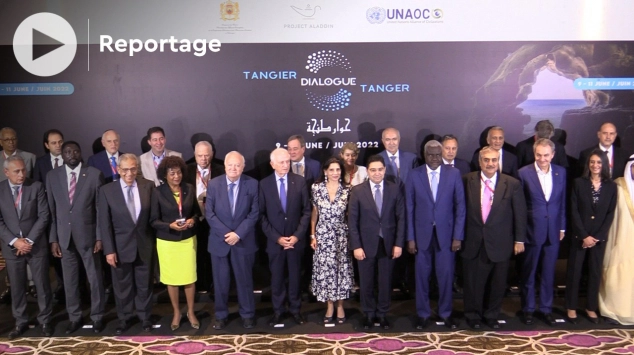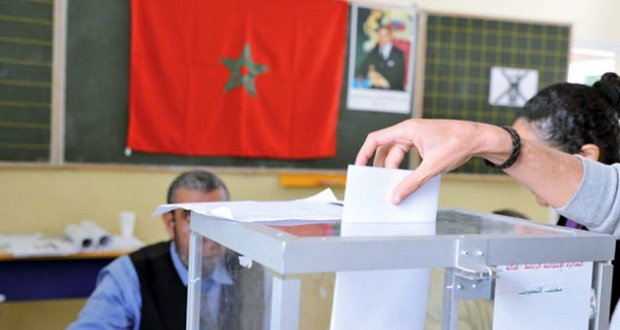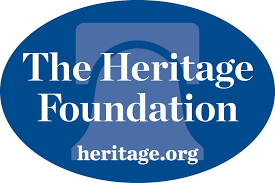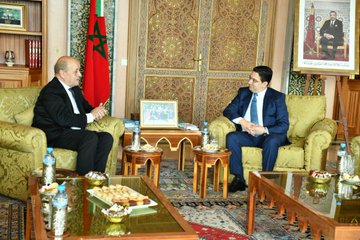Morocco argues that religion should serve as a bulwark against extremism, as evidenced by the Kingdom’s religious diplomacy in Africa, and stressed the need to reset relations between the West and Muslim countries.
“For Morocco, the country of the Commandery of the Faithful, religion should serve as a bulwark against extremism rather than its pretext. This is what King Mohammed VI calls for, through the religious diplomacy of the Kingdom in Africa”, Foreign Minister Nasser Bourita pointed out at the opening of the “Tangier Dialogue” International Conference.
The conference, organized in partnership with UNESCO’s Project Aladdin and the UN Alliance of Civilizations under the theme “Towards a New, Shared Enlightenment”, aims to discuss and promote intercultural and interreligious coexistence.
In his address, Bourita outlined Morocco’s leading role in embracing diversity, cross-cultural exchange, and inter-religious dialogue, and emphasized the North African country’s commitment to Project Aladdin since its launch, in 2009. The project aims to counter holocaust denial and raise awareness of extremism by imparting universal lessons from the holocaust and bridging knowledge gaps across all religions.
The Minister recalled the institutions set up by Morocco, such as the Mohammed VI Foundation of African Ulemas and the Mohammed VI Institute for the Training of Imams, Mourchidines and Mourchidates, to counter the radicalism that rages at the gates of Africa and to promote a moderate Islam.
He also recalled the Al-Quds Call launched from Rabat, in which King Mohammed VI and Pope Francis called for preserving the Holy City of Jerusalem / Al-Quds Acharif as common heritage of humanity and, above all for the followers of the three monotheistic religions, as a meeting place and a symbol of peaceful coexistence, where mutual respect and dialogue are cultivated.
Stressing the need to reset relations between the West and Muslim countries, Bourita underlined, in this regard, that Morocco demonstrates that the Muslim world is not a burden for the West; on the contrary, it is country that provides national responses to pressing global issues, and that actively contributes to debates and actions on these issues.
“It is moreover a central ally in the fight against terrorism, a credible partner against climate change, and a responsible actor in the management of migration”, he pointed out.
Bourita who surveying the goals of the Aladdin Project, highlighted Morocco’s long-standing commitment to the protection of Moroccan jews and Jewish heritage as a fundamental part of the country’s diverse identity. He recalled in this connection the protection of Jewish citizens by the late king Mohammed V, in the face of xenophobia and Nazism. The same commitment was expressed through the spirit of brotherhood and openness cultivated by the late King Hassan II between Jews and Muslims all over the world, and the same commitment is expressed today, and for more than 2 decades, by King Mohammed VI, who was keen to integrate the Hebrew tributary into the Moroccan Constitution and to enhance and safeguard the national Jewish heritage, he pointed out.
Mr. Bourita also hailed the committed and tireless leadership of Miguel Angel Moratinos, High Representative for the Alliance of Civilizations, a UN organization that works for international action against fundamentalism through cooperation and intercultural and interreligious dialogue.
“The Alliance is necessary, today more than ever, at such a special moment in history, when certainties are shifting, when geopolitics is being rewritten, and when the causes at the very origin of the creation of the Alliance are experiencing an unprecedented resurgence,” he noted, announcing that Morocco intends to host the 9th Alliance Forum this year, which will be held for the first time in Africa.
The Moroccan official also expressed hope that the Tangier Dialogue would go beyond “brainstorming,” and that the event could become a “tradition” and a regular meeting where intellectuals, journalists, politicians, and thinkers get together to make a difference.



